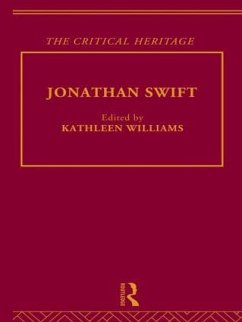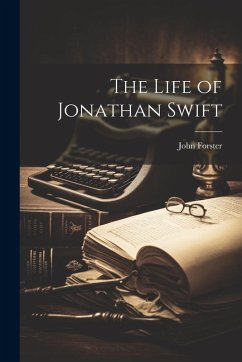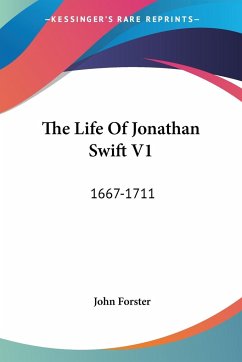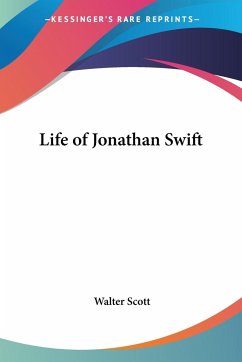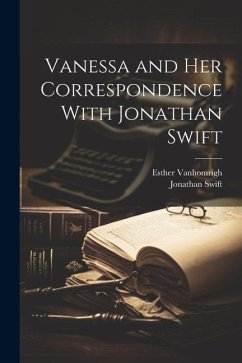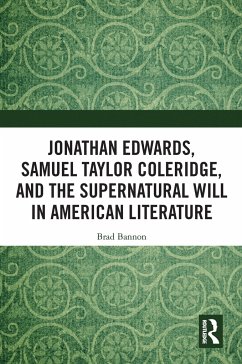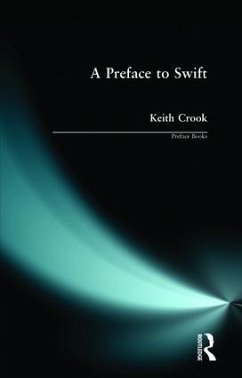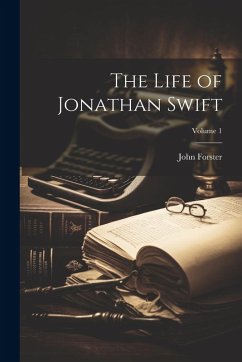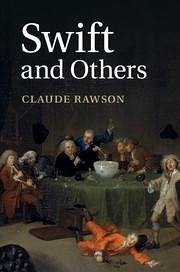
Jonathan Swift and the Vested Word
Versandkostenfrei!
Versandfertig in 1-2 Wochen
49,99 €
inkl. MwSt.

PAYBACK Punkte
25 °P sammeln!
In Jonathan Swift and the Vested Word, Deborah Wyrick argues that modern Continental and American literary theory is "tantalizingly applicable to Swiftian texts." Its applicability, she writes, "stems from Swift's interest in and exploration of what are now though of as phenomenological, structuralist, poststructuralist, and new historicist concerns: how a life in language comes into being, how semiotic systems determine meaning, how texts open up their own systems to other texts and to multiple interpretations." Wyrick investigates Swift's confrontations with three theories of language curren...
In Jonathan Swift and the Vested Word, Deborah Wyrick argues that modern Continental and American literary theory is "tantalizingly applicable to Swiftian texts." Its applicability, she writes, "stems from Swift's interest in and exploration of what are now though of as phenomenological, structuralist, poststructuralist, and new historicist concerns: how a life in language comes into being, how semiotic systems determine meaning, how texts open up their own systems to other texts and to multiple interpretations." Wyrick investigates Swift's confrontations with three theories of language current in his day, theories that locate meaning in the thing named, in the idea behind the word, or in the response of the audience. She concludes that Swift fashioned a fourth theory of meaning, one that locates meaning in and among words themselves. Because of his fear of the anarchic potential of language, Swift attempted to invest his words with extratextual authority; yet a powerful counterforce was his desire to exploit the possibilities of language divested of stable significance. These divestitures, particularly the word-play and language games, ultimately served serious personal and social purposes. A crucial personal purpose was Swift's ability to create a textual self, which he did, Wyrick maintains, by constructing defensive transvestitures centered on clothes and money. These parallel sign systems produced Swift's greatest achievement in using the resources of language and history to effect political action. By using the entire Swift canon -- poems and prose narratives, letters and essays, sermons and satires -- Wyrick presents Swift's struggle with the inadequacies of language and its inability to answer the tremendous demands he made upon it. Originally published 1988. A UNC Press Enduring Edition -- UNC Press Enduring Editions use the latest in digital technology to make available again books from our distinguished backlist that were previously out of print. These editions are published unaltered from the original, and are presented in affordable paperback formats, bringing readers both historical and cultural value.



